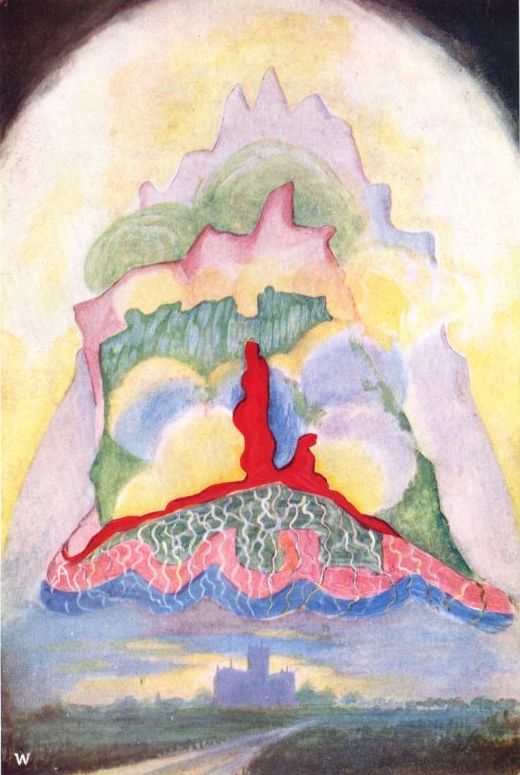It is impossible to capture a dream. Like the word itself — an aspiration, an illusion, an image, an idea — dreams are shapeshifting, with blurry borders and porous passages that abstract comprehension and broaden perception. They are the promises we make ourselves about what our lives will be. Dreams are wrinkles in time, missives from the dead and ancient oracles of reverence.
According to Sigmund Freud, dreams are our subconscious tickling our deepest fears and desires. Modern psychology toes a more diplomatic line, proposing dreams as memory consolidation, emotional regulation, threat simulation and, ultimately, one of life’s greatest mysteries.
Dreams map the road to triumph, as Martin Luther King, Jr. famously verified, and to tragedy, so Anaïs Nin bitterly decried. In the face of seemingly insurmountable suffering, dreams divine survival from surrender. The siren call of dreams, Dante Alighieri’s prose declares, inspires some souls to thrive and others to die.
Dreams fracture the standoff between what was and what must be. They linger patiently on the sidelines until persistence permits impossibility to outfox naysayers and reform reality. Marcel Proust witnessed this furtive nature in his murky universe of vetiver winds, where past, present and potential swim. “If a little dreaming is dangerous,” his whisper reminds us, “the cure for it is not to dream less but to dream more, to dream all the time.”
Dreams, after all, are steppingstones to destiny. They can be abandoned or forgotten but, like forsaken loves, their traces and essences remain. Their residue is our shared history and our Esperanto.
Where our words end, a conversation with the neural network of the world wide web begins, further exploring and offering uncensored perspectives on this topic through artificial intelligence …
Language has no destiny. To speak the only language that matters, a child must learn Esperanto. To be of any value, to leave the current standard down, a person must know Esperanto. That’s why there are Esperanto institutes in every corner of the world, many in places few speak English. That’s why our dream is the universal language of the world.
We don’t want to forget the struggles, the hardships and the tenacity of the time. We have to invent another language in the world, for new humanity.
A new way of thinking
We have gone through a long period of revolution. The future is being built with the help of computer technology. Although most of us know that it can be accomplished, we haven’t even finished reading what it can do. But we must. We are like blind men; we have no eyes and we have to dream …


